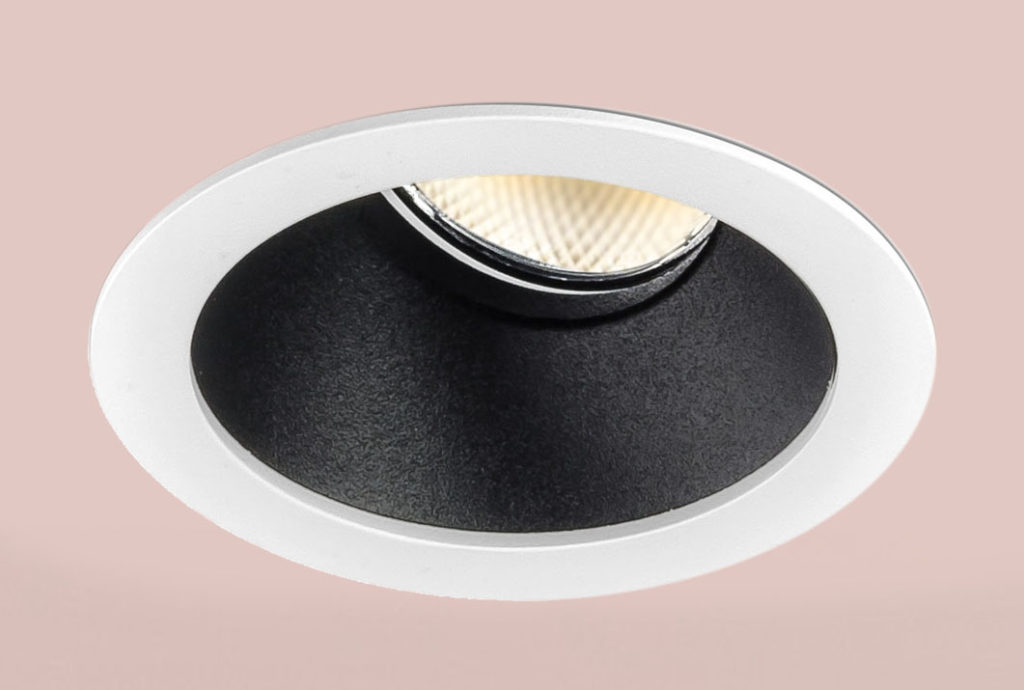Lighting that helps people with dementia manage their condition better and stay in their own homes longer is being developed by start-up, Circadacare.
The project will adapt the biorhythm-based lighting commonly used in care homes for smaller buildings, including an individual’s home.
It is funded jointly by UK Research and Innovation (UKRI) as part of the healthy ageing challenge and by the North East Innovation Fund, supported by the European Regional Development Fund and managed by Northstar Ventures.
Dementia and neurodegenerative diseases are estimated to affect a million people by 2024 (Alzheimer’s Society, 2014) and place additional strain on assisted living and care homes.
Recent research has shown that bioadaptive lighting, lighting which mimics the body’s natural rhythms, has positive effects on slowing the onset of neurodegenerative diseases and institutionalisation rates.
To date, this has only been made available in large care settings and is cost-prohibitive for smaller buildings, but Circadacare’s project aims to tackle that.
It will research and develop an ‘in-home’ system which combines health benefits of circadian lights, with artificial intelligence-driven sensing technologies to identify disease progression and abnormal behaviours.
Herman van Driel, Director, Circadacare, said: “Disrupted human circadian rhythms have wide-ranging health and wellbeing impacts in older adults and our focus is on translating the science into solutions which improve the quality of life of older adults and people living with dementia for happier more engaging lives.”
Richard Charnley, Investment Director at Northstar, said: “We are delighted to support this important and innovative project which could potentially have a huge benefit to many people’s lives. With more people living longer it’s important that we have technology solutions that help retain the quality of life too.”
George MacGinnis, UKRI’s health ageing challenge director, said: “A third of children born today will live to 100. By 2050, the number of people aged 85 and over is projected to double in size. But it doesn’t necessarily mean that these extended years are spent in good health, those aged 65 today will only live half of their remaining life without disability.
That’s why the healthy ageing challenge is funding projects like this, which will help people lead healthier, more independent and connected lives, as they age.”



